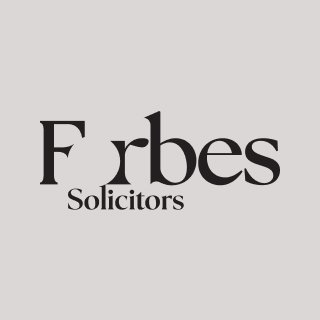In the case of R v Michaela Community Schools Trust, the High Court held Article 9 of the EHCR and s19 Equality Act 2010 had not been breached by the school through their 'prayer ritual policy' which prohibits pupils from performing prayer rituals ("PRP") on premises after a Judicial Review of the PRP was brought by a Muslim pupil at the school.
The Defendant, Michaela School, is a secular secondary free school, meaning it is not tied to any religion nor faith. on the school has a self-described strict approach to discipline, inhibiting control over the behaviour of the students, where the expectation is that the interests of the school community are to take precedence over the individual need/s of the pupil.
The "PRP" was introduced by the Headteacher on the 27 March 2023, as defined above to prohibit pupils performing prayer rituals and was applicable to all prayer rituals, regardless of the pupils religion.
The Claimants arguments related to her requirement to pray five times a day. One of the prayers, 'Duhr' or 'Zuhr', fall within the school day. During Autumn/Winter the prayer falls within the period of lunch, to which the Claimant made a request to perform prayer. The schools "PRP" strictly prohibited this. - sought a Judicial Review of the schools decision on 4 grounds, one of which related to periods of fixed term exclusions and are therefore are not relevant for the wider issue:
- ECHR under Article 9, the protection of the pupils right of freedom to manifest her religious belief.
- Equality Act 2021 under s19, s85(2)(d) and/or (f) citing the "PRP" indirectly discriminates against Muslim pupils.
- Public Sector Equality Duty (PSED) 2010 under s149 citing the school failed to have "due regard" to the need to eliminate discrimination, advance equality of opportunity and foster good relationships between Muslims and non-Muslims.
The conclusion of the Court was that all of the Grounds of challenge, as listed above failed.
Specifically: -
- "PRP" did not interfere with the Claimant's freedom to manifest her religious beliefs. Given she was aware of their strict approach, had the ability to move to a school which could accommodate her prayers within the allotted period, and that she could alternatively perform Qada prayers to mitigate her inability to prayer within the specified time. The "PRP" was found to be justified by Article 9(2) ECHR given the practicalities.
- Whilst the "PRP" was noted to have an indirectly discriminatory effect on Muslim pupils, this was outweighed by the Schools aims which seeks to promote in the interest of the School community as a whole, which includes Muslim pupils. This was inclusive of the context in which the claim was brought under Article 9 ECHR.
- Irrespective as to whether the School had considered the required equality issues relating to the "PRP" in more depth, the outcome would have been the same and therefore, they had complied with the PSED.
The case raises interesting points regarding religion and faith. The school is not only clear with the pupils to their 'Schools Ethos' of discipline and strict approaches for integration/inclusion but is well recognised within the wider community. Whilst it may be seen as practicable, in the circumstance of performing a prayer within 'free time,' it would undermine the schools Ethos entirely. The purpose of the Ethos is to promote the multi-faith community and is renowned for being academically successful due to its approach.
Education providers should always be mindful on niche situations and are encouraged to seek legal advice to prevent the risks, such as discrimination which can come in many forms. Whilst the school were successful on the facts of this case, it does not mean that other education providers could follow the lead of Michaela School without having strong rationales. Considering the attention this case has generated it may be that wider guidance is issued dealing with religious practices in school is issued by the Department for Education in the future.
For more information contact Laura McHugh in our Education department via email or phone on 0161 918 0008. Alternatively send any question through to Forbes Solicitors via our online Contact Form.

Forbes Solicitors


